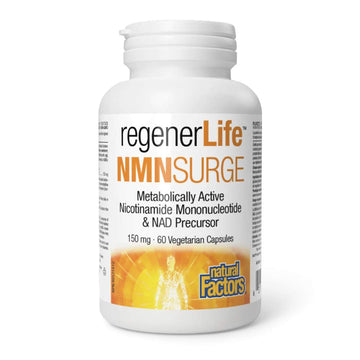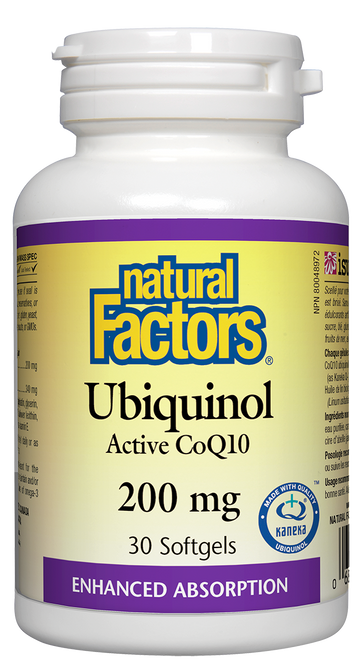Best vitamins & supplements for Low blood pressure
(107)
Low blood pressure, also known as hypotension, is a condition that occurs when the blood flow through the arteries is too low. It can cause symptoms such as dizziness, fainting, and fatigue.
There are several supplements that may be helpful in managing low blood pressure, including:
Iron: This mineral is important for maintaining healthy blood pressure levels and may be helpful in reducing low blood pressure.
Vitamin B12: This vitamin is important for maintaining healthy blood pressure levels and may be helpful in reducing low blood pressure.
Coenzyme Q10: This compound is important for maintaining healthy blood pressure levels and may be helpful in reducing low blood pressure.
Folic acid: This B vitamin is important for maintaining healthy blood pressure levels and may be helpful in reducing low blood pressure.
It's important to note that while these supplements may be helpful in managing low blood pressure, they are not a substitute for proper medical treatment. If you have been diagnosed with low blood pressure, it's important to speak with a healthcare provider for proper treatment and management. They can help determine the underlying cause of the low blood pressure and recommend appropriate treatment options.
There are several supplements that may be helpful in managing low blood pressure, including:
Iron: This mineral is important for maintaining healthy blood pressure levels and may be helpful in reducing low blood pressure.
Vitamin B12: This vitamin is important for maintaining healthy blood pressure levels and may be helpful in reducing low blood pressure.
Coenzyme Q10: This compound is important for maintaining healthy blood pressure levels and may be helpful in reducing low blood pressure.
Folic acid: This B vitamin is important for maintaining healthy blood pressure levels and may be helpful in reducing low blood pressure.
It's important to note that while these supplements may be helpful in managing low blood pressure, they are not a substitute for proper medical treatment. If you have been diagnosed with low blood pressure, it's important to speak with a healthcare provider for proper treatment and management. They can help determine the underlying cause of the low blood pressure and recommend appropriate treatment options.






























